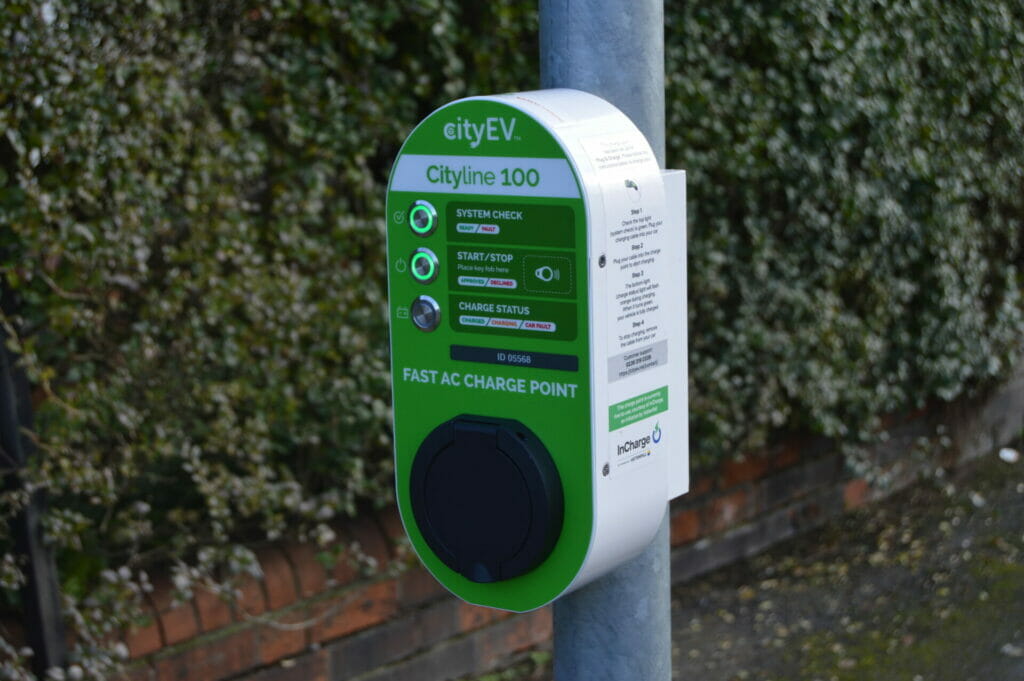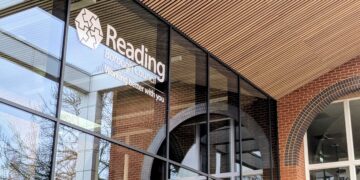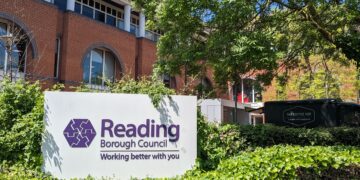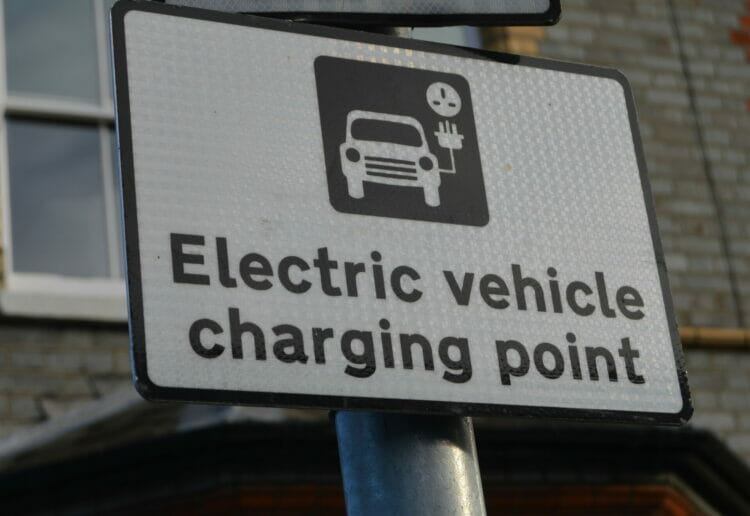NEW residents to Reading run the risk of being kept in the dark – quite literally – as the council says it cannot guarantee a connection to the National Grid.
On Monday, Reading Borough Council’s lead councillor for planning, Micky Leng, said that Scottish and Southern Electricity (SSEN) is restricting the number of new connections, causing issues for larger housing developments of 50 homes or more.
This, he warned meant that connecting heat pumps or electric vehicle charging points might not be possible, putting a spanner in the works on its net zero plans.
One example cited is where a developer required 2,153kVa of capacity to install heat. This was rejected by SSEN due to its local network restriction. This reduced the number of heat pumps installed, with gas boilers used as a substitute.
Other issues could include the planned installation of more than 5,000 new charging points as part of its new Electric Vehicle Charging Infrastructure Strategy; and a potential future solar farm for Reading.
Other partners across Reading and the wider region would face similar challenges as they seek to decarbonise buildings and vehicle fleets.
As well as direct engagement with SSEN across all levels, Council officers have been working with the Greater Southeast (GSE) Net Zero Hub to collaborate with SSEN to pre-empt further network capacity issues.
This includes devising a Local Area Energy Plan, at Reading or Berkshire level with neighbours. Longer term, the creation by Government of a Regional System Planning role may help local government steer and manage local grid reinforcements in their local areas, but it is unclear how long it would take.

Cllr Leng said: “The impact of SSEN’s cap on electricity network connections puts at risk a range of development projects across our town and could derail the progress made locally in helping to tackle the climate crisis.
“With new sustainable homes a part of the Local Plan, alongside the Council’s plans for more solar installations and investment in EV infrastructure, Reading is well-placed to build on that progress. Without serious investment in the local network and changes in how it is allocated however, we must question how much of it will be achievable.
“The Council now intends to work with SSEN and other local bodies who share our concerns to both shine a light of this issue, and to examine how we can influence key decision makers to bring about the changes needed, without which local councils and developers are effectively paralysed and locked into fossil fuels.”
A spokesperson for SSEN said: “We are committed to delivering an electricity network to accelerate local ambitions and are working with all local authorities, including Reading Borough Council, to understand and respond to their net zero priorities and wider development plans.
“Given the recent well-documented increase in grid connection requests, there are some areas, including parts of Reading, where some larger connections are now subject to short-term contractual limitations until planned major network upgrades are complete.
“We would like to reassure developers that the vast majority of requests to connect to our network can proceed as planned and every effort is being made to remove or mitigate limitations where they exist. This includes reviewing connections queues, seeking to remove projects that are not progressing at the required pace, and exploring the ability to shift available capacity from other parts of our network.
“We will continue to work closely with the council and those seeking larger connections to the network to update on progress and would welcome ongoing collaboration as we work towards our shared goal.”
























